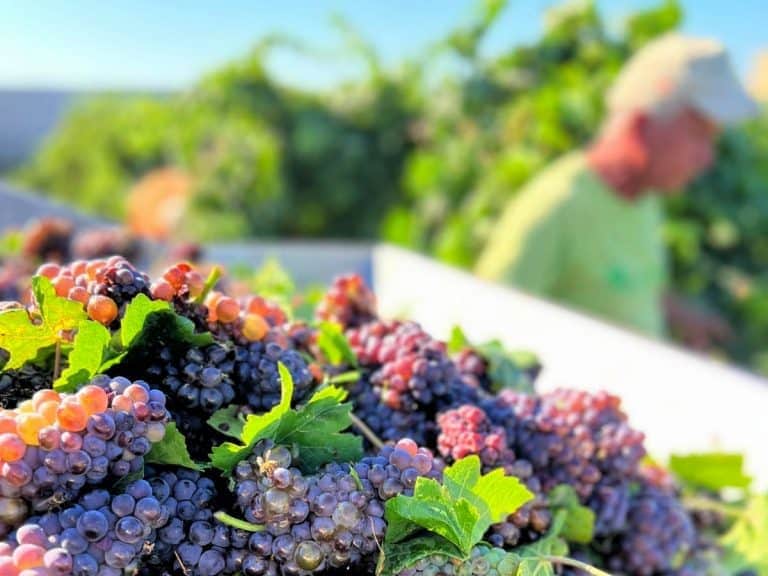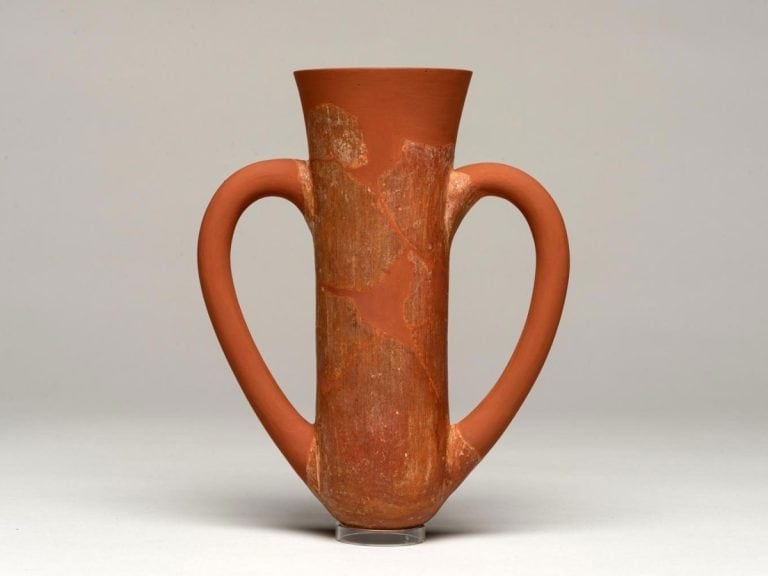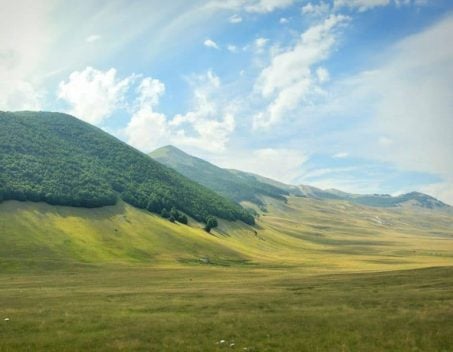The 2024 grape harvest has officially started in Italy. As often happens, Sicily kicks off what is one of the longest harvest periods in Europe, with grape picking continuing in various Italian regions until late October, or even early November. Cantina Settesoli, a large cooperative in the province of Agrigento managing 6,000 hectares of vineyards with 2,000 winegrowers and producing 18 million bottles, inaugurated the new season. In the early hours of the morning, the harvesters took up their scissors and buckets and started picking grapes in the Puccia district. As of today (18 July), the harvested Pinot Grigio will be used to create the blends for the Settesoli line, which is mainly sold in large-scale distribution.
The effects of the climate crisis
Filippo Buttafuoco, the agronomic director of Settesoli, explains the reasons for this exceptional early harvest. "The first is drought. If we consider that Sicily typically receives 500 to 600 mm of rain annually, concentrated between autumn and winter, we recorded just 250 mm of rainfall between autumn 2023 and summer 2024. This means we have only half the usual water available for the soil."
Another factor to consider is the temperature, a phenomenon linked to the climate crisis: "Between winter and summer," he adds, "the average temperature in Sicily, particularly in our areas, has been a bit higher. This led to the vineyards budding 15 days early. Flowering, usually in May, occurred in April. Consequently, veraison was also early. Overall, we are 10-12 days ahead. There are no particular risks due to the current heat, with temperatures around 38-39 degrees. The quality of the grapes is excellent, according to Cantine Settesoli. The lack of humidity prevents the development of phytopathies. 'In terms of yield per hectare, we are within the average,' Buttafuoco adds, 'but we don't know what might happen to vineyard yields if this hot period continues.'"
Cia Sicilia Occidentale requests aid for the Mazara area
Meanwhile, Cia Sicilia Occidentale has called for institutional intervention to resolve the severe water crisis in the province of Trapani: "While most of the provinces of Palermo and Trapani are heading towards a quality harvest with healthy grapes, some areas are in significant difficulty, experiencing losses of 50 to 70 percent." This is the case for about 5,000 hectares of land in the Mazara area served by the Trinità dam, where only emergency irrigation has been guaranteed in recent weeks. The agricultural union reports anger and frustration between Mazara and Castelvetrano: "We had the chance to store water in the Trinità dam from two rainy events between April and May, but it was instead released for safety reasons. The result is that today we find ourselves with an almost empty dam."


 Meloni: "Tariffs? If necessary, there will be consequences. Heavy impact on agri-food sector"
Meloni: "Tariffs? If necessary, there will be consequences. Heavy impact on agri-food sector" The Government honours the greats of Italian cuisine, from Bottura to Pepe. Massari: "Thank you, Meloni, the only one who listened to us"
The Government honours the greats of Italian cuisine, from Bottura to Pepe. Massari: "Thank you, Meloni, the only one who listened to us" "We must promote a cuisine that is not just for the few." Interview with Massimo Bottura
"We must promote a cuisine that is not just for the few." Interview with Massimo Bottura Wine was a drink of the people as early as the Early Bronze Age. A study disproves the ancient elitism of Bacchus’ nectar
Wine was a drink of the people as early as the Early Bronze Age. A study disproves the ancient elitism of Bacchus’ nectar "From 2nd April, US tariffs between 10% and 25% on wine as well." The announcement from the Wine Trade Alliance
"From 2nd April, US tariffs between 10% and 25% on wine as well." The announcement from the Wine Trade Alliance






